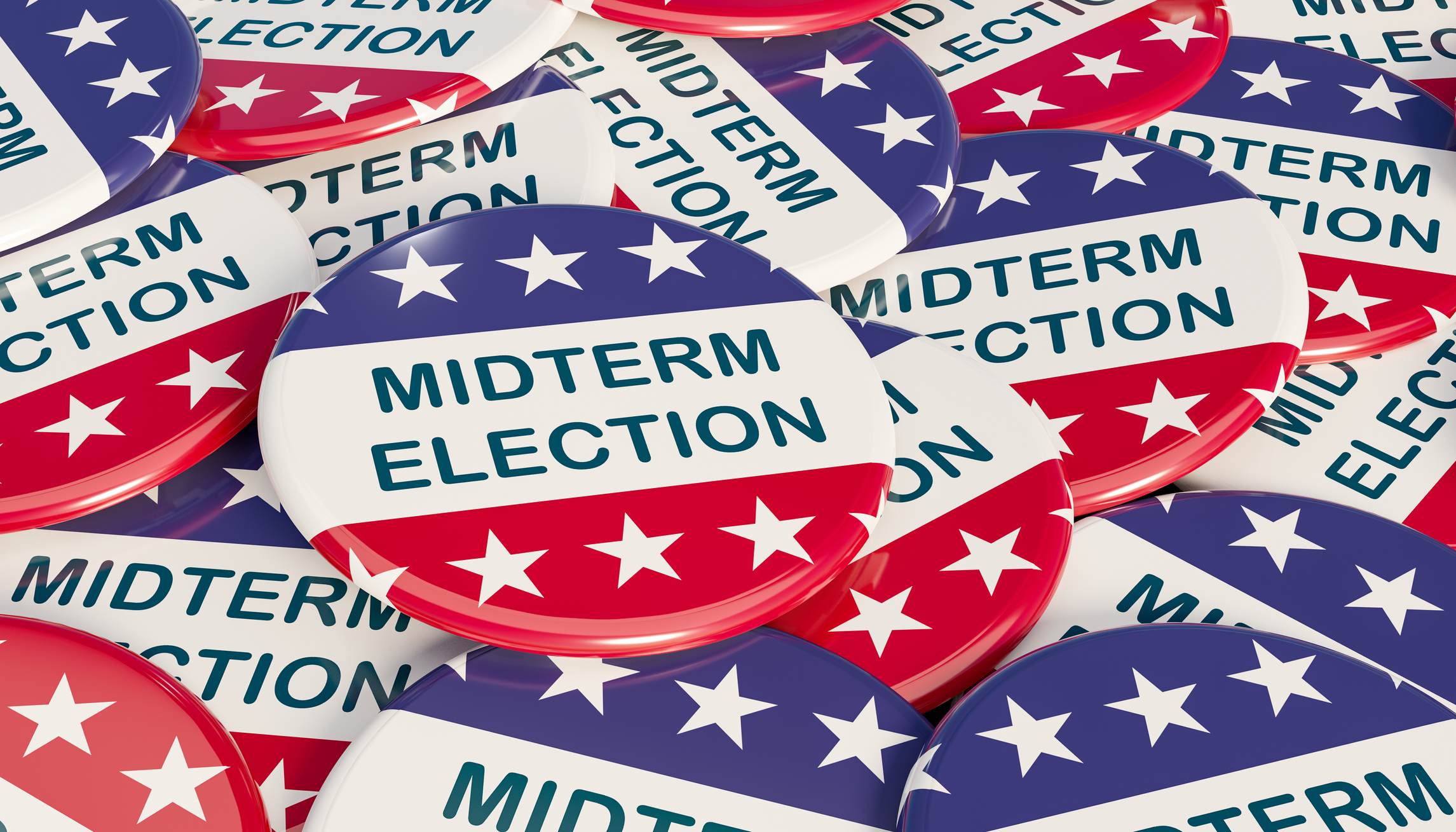How the Midterm Elections May Impact Media Regulations

It felt as if the midterms election that would never end. But now that the final runoff is over, the hard work has begun as legislators try to push pending and new laws through Congress, possibly before this month's holiday recess. Watchers from all sectors of the media have been closely following the elections, appointments and specific legislation that will affect the media industry moving forward.
The runoff victory by Sen. Raphael Warnock of Georgia secured Democrats with a razor-slim majority in the Senate. And that may serve to move forward a number of long-delayed appointments by President Joe Biden. Among them is confirmation of Gigi Sohn as a Federal Communications Commission commissioner, giving the agency a Democratic majority. Sohn's nomination has been delayed since October 2021.
"A lame duck will decide Sohn's nomination confirmation, dependent on Mark Kelly [D., Ariz.], Catherine Cortez Mastro [D., Nev.], and Joe Manchin [D., W. Va.]," said one broadcast industry insider, who spoke on the condition of anonymity. "If there's any signal they've changed their mind, she probably won't get confirmed."
Broadcast industry experts mentioned some long-watched TV and radio rules among the issues keeping them awake at night. That relates to not only the Democrats' slim Senate majority but the Republicans' control of the House as well.
"The biggest issue for most broadcasters is whether there will be ownership rule changes -- for TV, lifting the national ownership cap; for radio, raising the local-market ownership limits," said David Oxenford, Partner in the telecommunications and media practice of D.C. law firm Wilkinson, Barker, Knauer. "With a divided Congress, it may be hard to reach any bipartisan consensus on legislation that addresses these issues."
"For a lot of industries, there's a fairly low expectation of legislative outcomes given the narrowly divided chambers," added the anonymous source. "The administration will try to narrowly effect changes through a lot of their agencies. We'll see a Republican House make a strong oversight effort."
One indicator of where Congress may be picking its battles may lie with the Journalism Competition and Preservation Act (JCPA). Danielle Coffey, Executive Vice President and General Counsel of the News/Media Alliance (NMA), calls the JCPA "a market correction limited in time and scope created to level the playing field between publishers and the dominant tech platforms, such as Facebook and Google. But the act has experienced numerous starts and stops."
In September, Sen. Amy Klobuchar -- Chair of the Senate Judiciary Subcommittee on Competition Policy, Antitrust and Consumer Rights and one of the bill's sponsors -- pulled it during markup after Sen. Ted Cruz created an amendment that would limit negotiations between media and platforms to discussions of payment. They later reached a compromise, and it passed markup. It was recently added to Congress' must-pass defense funding bill; however, it was subsequently removed. Facebook stated it would "consider removing news from our platform" if lawmakers moved ahead with the measure.
As of this writing, it's unknown what will happen to the JCPA. While some conclude the measure has taken its last breath, it "could be considered in other legislation that needs to pass this year," said Oxenford. But there is reason for pessimism. "Other legislative actions to reign in the tech platforms are also likely to be debated in the upcoming Congress, but reaching consensus on how limits should be imposed will be difficult," he added.
Beyond the JCPA, the NMA is concerned about the current consumer data privacy rules that "help dominant platforms entrench their position in the online ecosystem to the detriment of others, including news and magazine publishers," according to Coffey. "Not only are the platforms uniquely positioned to collect data and track users across the Internet, they are also well-positioned to deal with the patchwork of current state regulations."
Kevin Goldberg, a First Amendment Specialist with the Freedom Forum, views the changes resulting from the midterms through a different lens. "From my First Amendment perspective, I think gridlock in Congress would generally be a good thing, as there would be less opportunity to do damage to free speech," he said.
Goldberg added that state-level Republican victories -- particularly Gov. Ron DeSantis of Florida and Gov. Greg Abbott of Texas -- could result in legislation and executive orders along the lines of the Individual Freedom Act (better known as the Stop Woke Act). Despite it faltering at the federal level, Goldberg said, "I could see other attempts to push back against the power of social media platforms emanating from state legislatures," affecting smaller tech companies and even broadcasters with an online presence.
"Threats to the First Amendment tend to come from the state and local level," Goldman noted. "I think they could very well increase rather than decrease."
As Congress readies for its holiday recess, lawmaking will go quiet for a short time. But after that, it's easy to bet that there will be lots of stalemates or nail biting -- and likely some of each.
Click the social buttons to share this story with colleagues and friends.
The opinions expressed here are the author's views and do not necessarily represent the views of MediaVillage.com/MyersBizNet.


